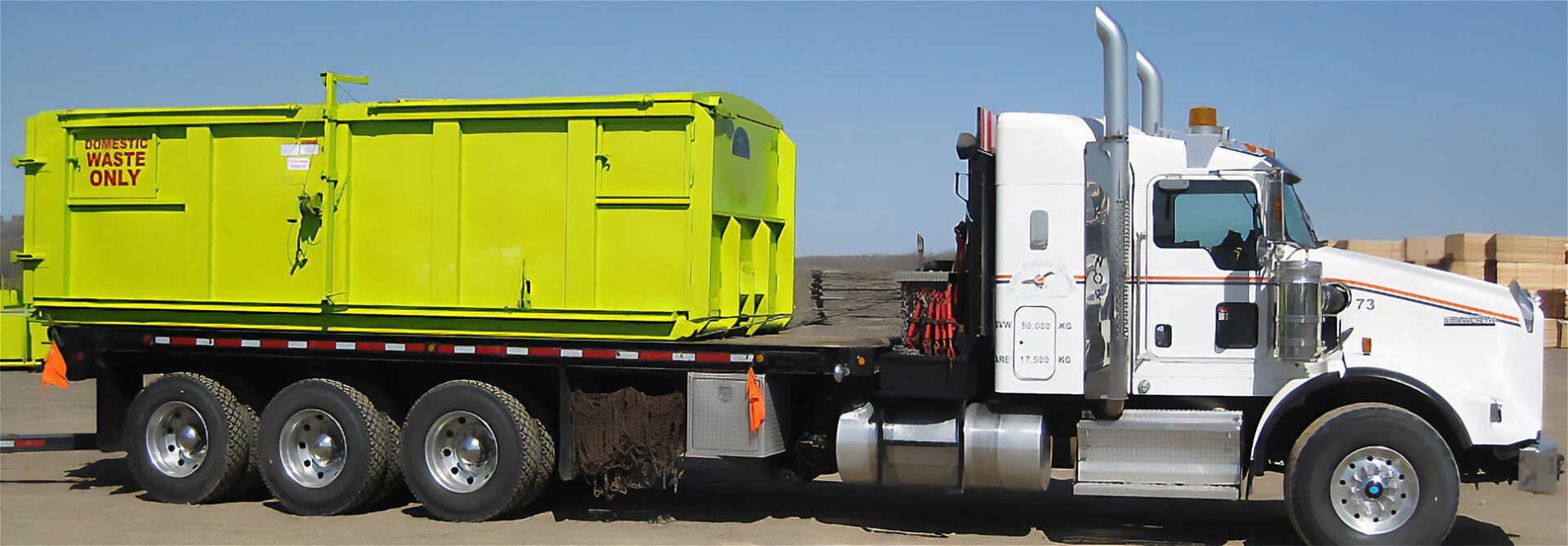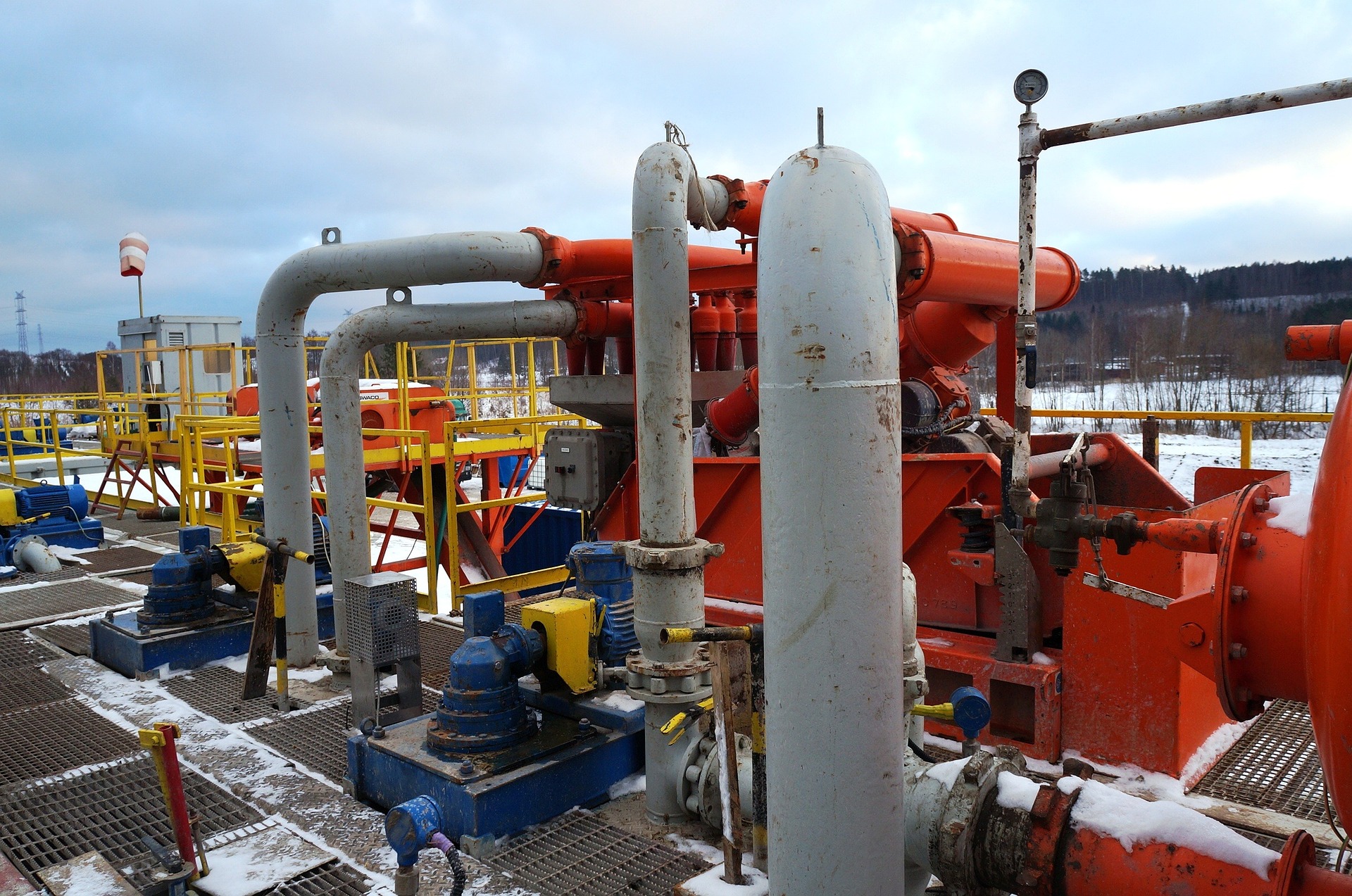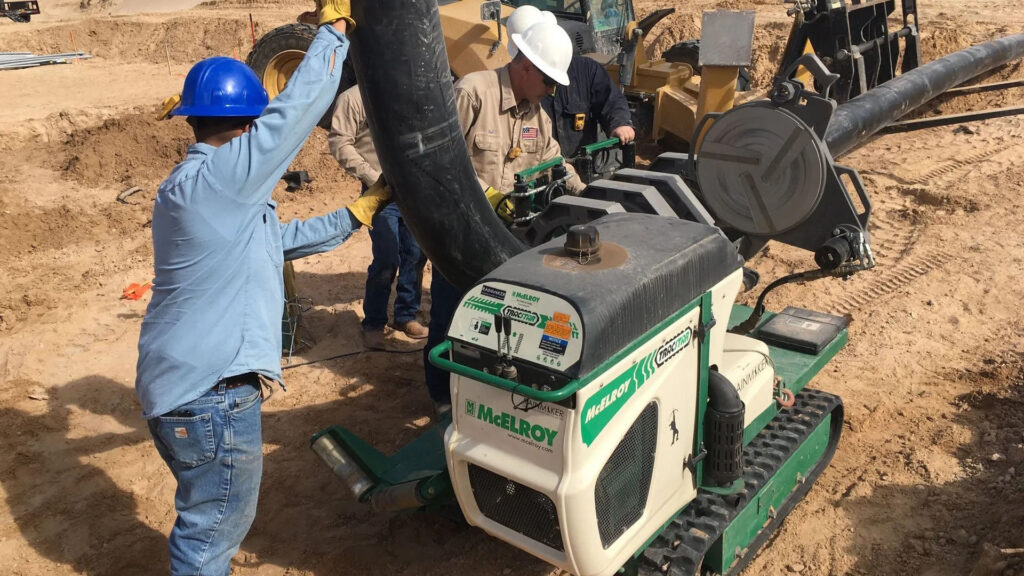A Comprehensive Overview to the Various Types of Oil Field Equipment and Pipeline Equipment Available
The oil and gas industry counts greatly on specific equipment for efficient extraction and transport. Various kinds of machinery, from drilling rigs to tank, play vital functions in this complicated procedure. Each tool offers unique features that add to overall functional success. Understanding these parts is necessary for any individual associated with the field. As the industry evolves, so as well do the technologies that support it. What improvements are on the perspective?

Drilling Rigs: The Foundation of Oil Expedition
Drilling rigs function as the important machinery in the domain name of oil expedition, enabling firms to accessibility hydrocarbon gets hidden deep beneath the Planet's surface area. These rigs come in various kinds, consisting of land rigs, offshore rigs, and mobile systems, each developed to run in details settings. Outfitted with innovative innovation, drilling rigs can pass through geological developments with precision, guaranteeing effective resource removal. The architectural integrity and functional capabilities of these rigs are essential, as they have to hold up against extreme conditions and significant stress. The choice of a boring rig affects the total task expense and timeline, making it a vital factor to consider for oil companies seeking to optimize their exploration efforts and make best use of performance in their procedures.
Pumps: Necessary for Liquid Motion
In the oil extraction process, the duty of pumps is considerable, facilitating the movement of liquids throughout various stages of manufacturing. Pumps are vital for transferring unrefined oil, water, and other fluids from underground reservoirs to the surface and then with pipelines to refineries. They come in numerous kinds, including centrifugal, positive displacement, and completely submersible pumps, each offering specific purposes based upon the liquid features and operational needs. Centrifugal pumps are typically used for their effectiveness in high-flow applications, while favorable displacement pumps master managing thick liquids. The option of pump impacts total efficiency, operational safety and security, and upkeep expenses. Proper option and maintenance of pumps are important for optimizing production and minimizing downtime in oil field procedures.
Valves: Managing Flow and Pressure

Valves play a vital duty in managing the flow and stress of liquids within oil fields and pipes. Different sorts of valves offer distinct applications, each made to meet specific features basic for reliable procedure - Superior Rentals near me. Comprehending the characteristics and usages of these shutoffs is vital for enhancing system performance and safety
Types of Valves
Essential elements in oil area operations, valves play a crucial role in regulating the flow and stress of liquids within pipelines and equipment. Various kinds of shutoffs are used to fulfill the varied needs of oil and gas production. Typical types include entrance valves, which provide a straight-line circulation and marginal stress decline; globe valves, recognized for their strangling abilities; and round shutoffs, recognized for their fast on/off control. Additionally, check valves avoid heartburn, while butterfly shutoffs offer a light-weight remedy for managing circulation. Each valve type is developed with particular products and arrangements to hold up against the severe conditions often discovered in oil fields, ensuring integrity and performance in operations. Recognizing these types is crucial for reliable system management.
Valve Applications and Functions
While different kinds of valves serve unique objectives, their primary applications rotate around controlling circulation and pressure within oil and gas systems. Shutoffs such as entrance, globe, and ball shutoffs manage liquid motion, guaranteeing peak efficiency and safety and security. Gateway valves are frequently made use of for on/off control, offering very little flow resistance. Globe valves, on the other hand, offer precise circulation regulation, making them ideal for strangling applications. Sphere valves are favored for their quick procedure and limited securing capabilities. Additionally, stress relief valves are critical for protecting against system overpressure, securing tools integrity. On the whole, the suitable choice and application of shutoffs improve functional efficiency, making certain the trustworthy transportation of oil and gas with pipelines and handling facilities.
Compressors: Enhancing Gas Transport
Compressors play a crucial duty in the efficient transport of gas, guaranteeing that it relocates smoothly through pipes over cross countries. These gadgets enhance the stress of gas, permitting it to conquer friction and altitude modifications within the pipeline system. Additionally, compressors facilitate the harmonizing of supply and demand, fitting variations in consumption and production rates. Numerous sorts of compressors are used in the sector, including centrifugal, reciprocating, and rotary screw compressors, each offering distinctive benefits based upon the operational demands. Regular maintenance of these compressors is important to make best use of effectiveness and decrease downtime, ultimately adding to a trusted gas transport network. Their critical feature underscores the significance of compressors in the total oil and gas infrastructure.
Storage Tanks: Safe and Reliable Liquid Management
Efficient transport of all-natural gas relies upon different support group, among which is the proper management of tank. These storage tanks play an important function in safely consisting of liquids, making certain that operational efficiency is kept while decreasing environmental risks. Built from resilient products, they are designed to hold up against high pressures and corrosive aspects. Correctly sized and tactically located, tank help with the smooth flow of all-natural gas and other fluids, avoiding bottlenecks in supply chains. Routine maintenance and monitoring are necessary to identify leaks or structural issues, advertising safety and security and compliance with regulatory criteria. Ultimately, the effective monitoring of storage space containers is vital for the general honesty and reliability of the oil and gas industry's fluid handling systems.
Pipeline Systems: Framework for Transport
Pipeline systems function as the backbone of the oil and gas industry, facilitating the efficient transport of hydrocarbons over substantial ranges. These systems contain different components, including pipes, valves, pumps, and compressors, all thoroughly developed to assure seamless flow. The products used in pipeline building and construction, frequently steel or high-density polyethylene, are picked for resilience and resistance to deterioration. Pipeline networks can extend throughout land and water, connecting manufacturing sites to refineries and distribution centers. Furthermore, progressed innovation allows real-time tracking of circulation rates and pressure levels, enhancing functional effectiveness. The tactical placement of these pipelines lessens environmental effect while taking full advantage of source ease of access, consequently playing an essential function in meeting energy needs internationally.
Security Equipment: Making Certain Worker and Environmental Defense
The operation of pipeline systems, while important for power transportation, additionally provides substantial security challenges for employees and the environment. Safety and security devices plays a substantial duty in minimizing these dangers. Personal safety tools (PPE) such as headgears, gloves, and non-slip footwear safeguards workers from physical threats. Additionally, gas detection systems keep track of for leaks, ensuring that dangerous materials do not present a danger to workers or the bordering ecological community. Emergency situation shutdown systems are necessary for quickly halting operations during a situation, protecting against possible disasters. Spill containment products, consisting of absorbents and barriers, are essential for lessening environmental influence. Generally, buying comprehensive safety and security tools is important for maintaining functional integrity and protecting both workers and the setting in the oil and gas industry.

Regularly Asked Questions
How Do I Choose the Right Oil Field Equipment for My Project?
Picking the ideal oil field equipment involves assessing job specifications, spending plan constraints, and operational demands. Take into consideration aspects such as tools integrity, compatibility with existing systems, and more info the vendor's credibility to guarantee peak performance and safety.
What Are the Upkeep Needs for Oil Field Equipment?
Upkeep demands for oil area devices include normal evaluations, lubrication, and prompt fixings. Operators ought to also adhere to producer guidelines, monitor performance metrics, and warranty compliance with safety guidelines to enhance longevity and effectiveness.

Exactly How Can I Ensure Conformity With Environmental Regulations?
To assure conformity with ecological laws, companies must conduct routine audits, implement ideal techniques, spend in training, maintain appropriate paperwork, and stay updated on regulation (Superior Oilfield pipeline equipment rentals). Collaboration with ecological firms can likewise improve adherence to laws
What Is the Average Life Expectancy of Pipeline Equipment?
The typical life-span of pipeline devices normally varies from 20 to 50 years, depending on factors such as worldly quality, ecological conditions, and maintenance techniques. Normal examinations can considerably influence durability and operational effectiveness.
Exactly how Do I Safely Move Oil Field Equipment to Remote Locations?
Moving oil area devices to remote areas needs careful planning, consisting of route evaluation, securing licenses, utilizing appropriate cars, and ensuring security protocols are complied with. Appropriate training and communication amongst crews are necessary for effective transportation.